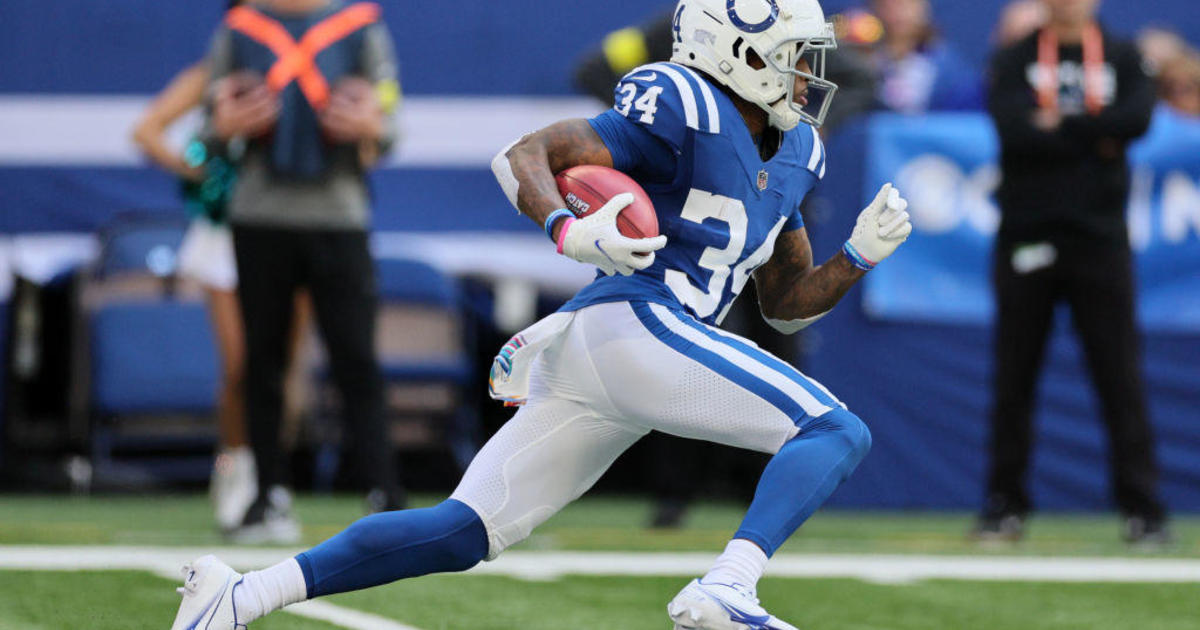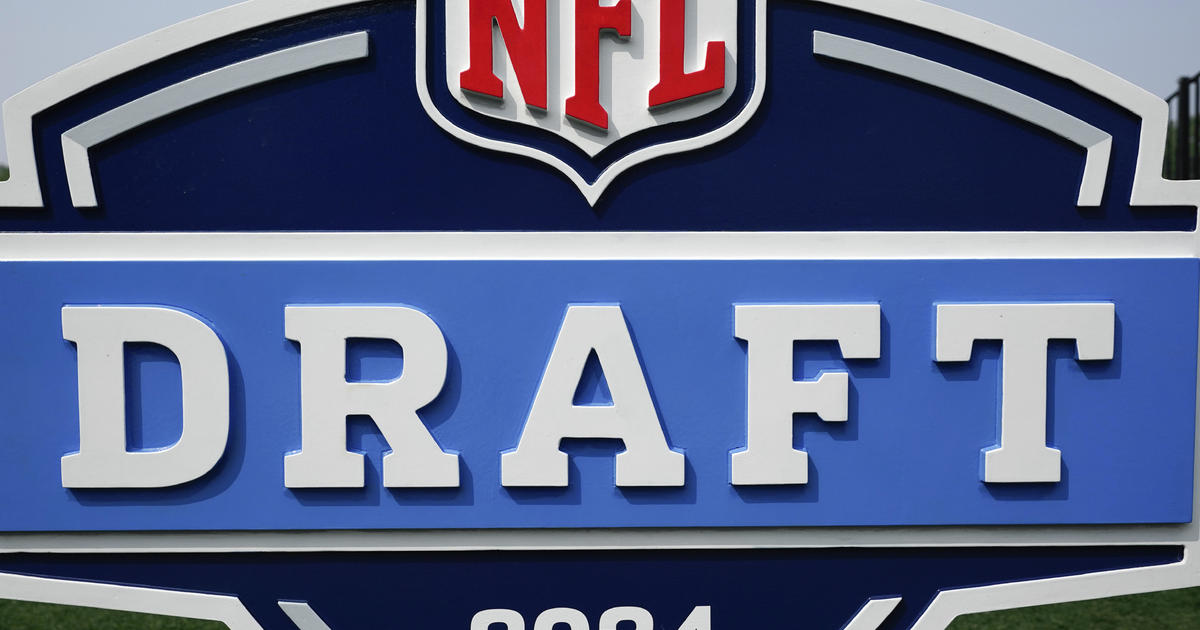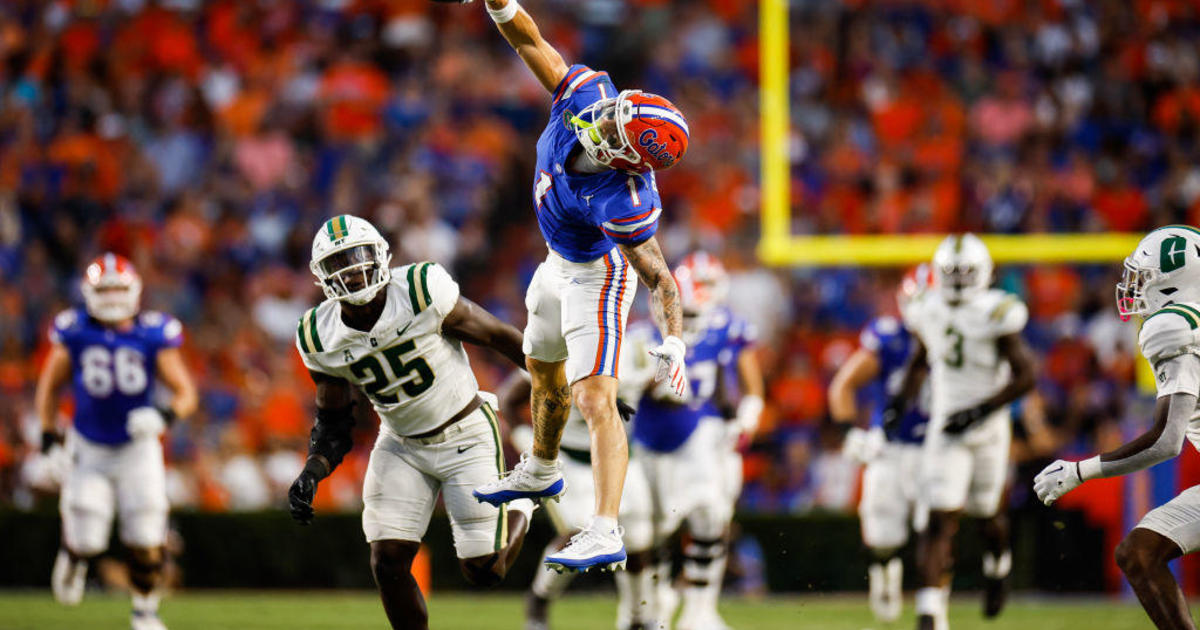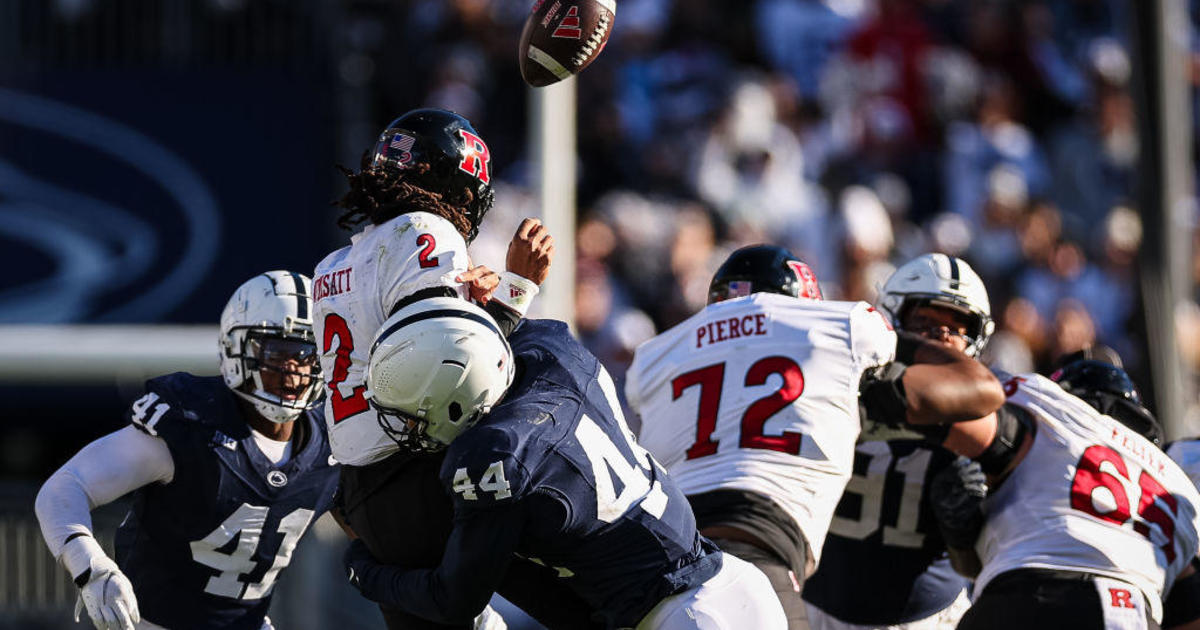Column: Buying Stock In Players Is A Scary Business
By Vincent Quinn
PHILADELPHIA (CBS) - Monday marked a historic moment in the world of sports. Vernon Davis is for sale.
It's an awful idea.
The San Francisco 49ers aren't shopping their 30 year-old tight end. Instead, Davis' stock has officially launched with Fantex, a sports-centric stock trading platform. The way the program works is that athletes receive a lump sum of money up front in exchange for giving up a percentage of future football-related earnings.
As a result, fans will have a vested interest in the success of athletes because, as share-holders, they directly benefit from the millions of dollars that athletes can make.
One of the biggest problems in sports is that fans sometimes feel like they own players. Essentially, by paying for a ticket or a jersey they have the right to do what they want at games. That line of thinking has led to some of the ugliest moments in sports.
A classic instance happened during a Flyers game when Tie Domi got into a fight with a fan back in 2001. Domi was showered with beer and eventually got into a fistfight with a fan in the penalty box. It was truly a black eye for hockey(pun shamelessly intended).
In more extreme cases, players have been threatened with their lives. In 2012 Kyle Williams, a teammate of Davis', famously muffed two punt returns in the NFC Championship game. He received a series of disgusting tweets after the game including "I hope you, your wife, kids and family die, you deserve it."
Way to take the phrase "We'll get 'em next year" to a whole other level, you psychopath. Your behavior is the exact reason why Fantex is a terrible, horrible idea.
We live in an age where athletes are more accessible than ever. They tweet to millions of followers, share their pictures on Instagram, and make appearances on 24 hour sports networks. Athletes have evolved beyond the point of simply being players. They're personal media industries in their own right.
This type of accessibility is what makes it so easy for fans to make threats on Twitter too. Now part of my concern is that such a strong statement can be easily dismissed. It's just a tweet--a tough guy on a keyboard. It doesn't mean anything. The problem isn't the comment itself, but the methodology behind the comment.
People make such strong remarks online because the experience isn't personal. It's like how someone is more likely to flip off a speeding driver than someone cutting them off at the bar. There's an anonymous element involved.
With Fantex, the fans who already demonstrate a sense of ownership and lack of human understanding towards athletes will be even more empowered because they personally have a stake in the matter. It leads to thoughts like, "How could Vernon Davis drop that pass? How could he do this to me?"
One of the other issues with Fantex is that investors will primarily receive their profits from new contracts. So Davis, for example, is scheduled to be a free agent after the 2015 season. Imagine that during the 2015 season he tears his ACL and as a result his shares drop significantly heading into free agency. Is it possible that we could see death threats to an athlete for getting injured?
It's a scary thought, but Fantex is a scary business.
Vincent Quinn is a contributing sports blogger for CBS Philly, co-founder of The Wooder Cooler, and host of the Around The Cooler podcast. You can follow him on Twitter @VQuinn_TWC.



